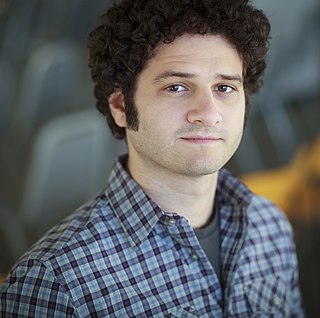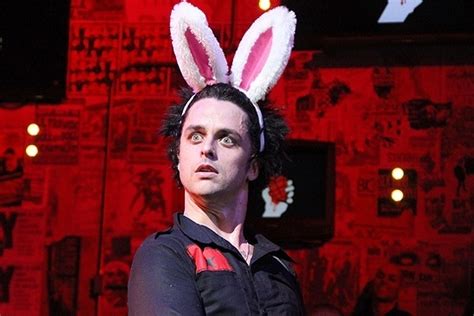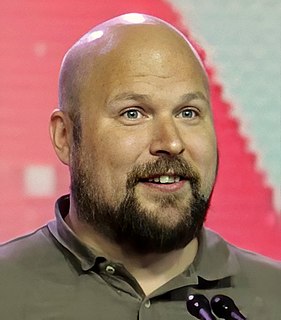A Quote by Masha Gessen
You know, I think that a conversation about what Facebook is - is it a public resource, even though it's a privately owned corporation? Is it a media company? It is certainly not just a platform, as Facebook has claimed repeatedly. I think that is a really important question.
Related Quotes
Whether you have a hundred friends on Facebook or whether you're on TV or whatever, at every level, everybody has a platform. We all have a responsibility, given what's going on, to speak using that platform as much as we can, and to engage. Whether that's calling members of Congress, marching, getting involved locally, getting involved with Let America Vote, or if all you can get done during the day is you see the news and you want to make sure your hundred friends on Facebook know what you think about it, that is a really important part of this.
We started off as this platform inside Facebook; and we were pretty clear from the beginning that that wasn't where it was going to end up. A lot of people saw it and asked, 'Why is Facebook trying to get all these applications inside Facebook when the web is clearly the platform?' And we actually agreed with that.
PR got to be much bigger because of the emergence of digital media. Now we have hundreds of people who are, in a sense, manning embassies for Facebook and Twitter for brands. So the business in effect has morphed from pitching stories to traditional media, to working with bloggers, Twitter, Facebook and other social media, and then putting good content up on owned websites.
We could not have launched Causes without Facebook Platform, providing real identity and real friends. Facebook Platform was created so that experiences that are inherently social in our off-line lives could be brought online as an authentic expression of who we are; Facebook did this best in revolutionizing photo sharing.
I haven't sworn off Facebook. I'm on Facebook. There's a fan page on Facebook that I will update, but I'm on there myself under a pseudonym, because there were a lot of people able to private-message me on Facebook, and it was getting really weird. And then with MySpace, I just don't read messages. I delete everything, and I just post updates every now and then.
































